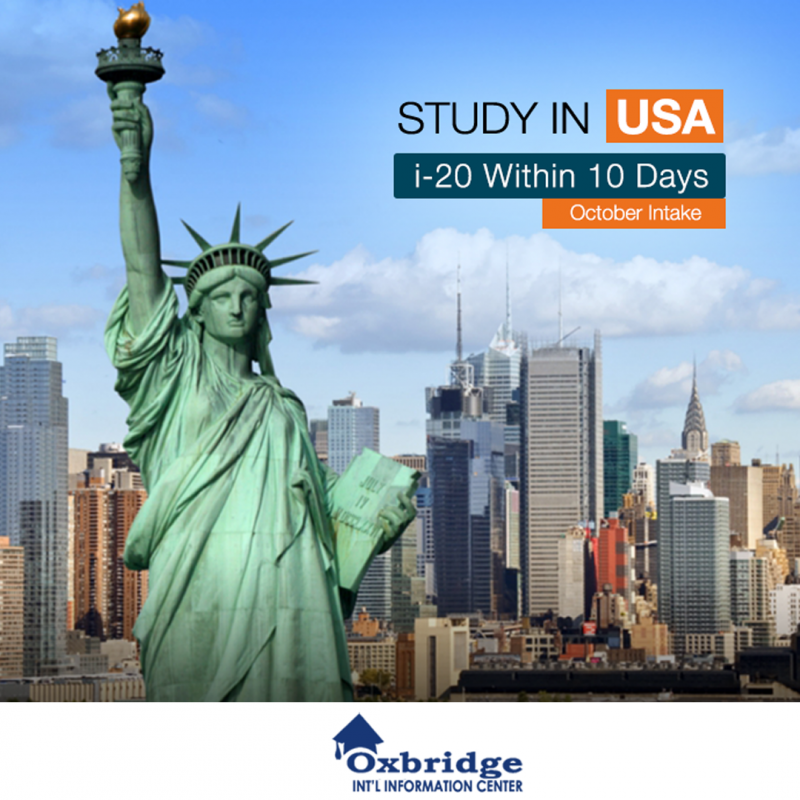The U.S. is a country of 50 states covering a vast swath of North America, with Alaska in the northwest and Hawaii extending the nation’s presence into the Pacific Ocean. Major Atlantic Coast cities are New York, a global finance and culture center, and capital Washington, DC. Midwestern metropolis Chicago is known for influential architecture and on the west coast, Los Angeles’ Hollywood is famed for filmmaking.
Culture & Quality of Life
The United States is one of the most culturally diverse countries in the world as nearly every region of the world has influenced American culture. The United States is made up of many diverse ethnic groups and its culture varies greatly across the vast area of the country and even within cities – a city like New York will have dozens, if not hundreds, of different ethnicities represented within a neighborhood. Despite this difference, there exists a strong sense of national identity and certain predominant cultural traits. Generally, Americans tend to believe strongly in personal responsibility and that an individual determines his or her own success or failure, but it is important to note that there are many exceptions and that a nation as diverse as the United States has literally thousands of distinct cultural traditions.
U.S. boasts one of the best healthcare as well as education facilities in the world. Similarly, the U.S. also ranks as one of the most affordable countries to live in. Only 5.5% of the entire population in the U.S. is unemployed i.e. there are proper of chances to find employment and develop a career.
Education in the US
The United States has one of the world’s finest university systems, with outstanding programs in virtually all fields. At the undergraduate level, excellent programs exist in traditional disciplines, as well as in professional fields. At the graduate level, students have the opportunity to work directly with some of the finest minds in their field of study, with the chance to become involved with exclusive research and educational opportunities. U.S. degrees are recognized throughout the world for their excellence.
Universities in the U.S. pride themselves on being at the forefront of technology, research and techniques, and in making the best possible equipment and resources available to their students. Even if a field does not directly involve science or engineering, students will have opportunities to become skilled in using the latest technology to conduct research, as well as obtain and process information as well as ways to stay connected with researchers, teachers and experts in fields all over the world.
All US universities also offer numerous extracurricular activities that provide real-world job experience. The idea is to give students practical experiences to hone what they learn in class which becomes an invaluable asset when interviewing for a job.
Taxation
All international students inside the United States must file their tax return each year. Since 2018, this needs to be done on or before April 17th.
Every international student and their dependents (including spouses and children of all ages) are required to file their tax return if they were in the US during the previous calendar year. While filing the tax return may sound difficult, there are a number of benefits to doing so other than it’s the law:
- Might get a refund – Some international students will qualify for a refund due to tax treaties and a lack of serious income if they’ve earned income in the US.
- Protect taxation of a student’s worldwide income.
- Fulfillment of visa obligations – All international students must file at least Form 8843 (see below) in order to remain legal under F, J, M & Q visas, even if you didn’t earn any money in the US.
Student Jobs
While school is in regular session the student cannot work more than 20 hours per week, although during extended holidays, breaks and summer sessions, the student may work full time (up to 40 hours per week).
The student can work for a commercial firm that contracts with the school to provide services, such as a bookstore or cafeteria.
A growing number of schools are offering a specialized CPT program that gives students the unique opportunity to work from the moment they arrive on campus which include:
- Employment for international students
- Work during the day and take classes in evenings or on weekends
- Employment with both on and off campus companies
- Students are paid regular “American” wages
- Both part time or full time employment available
- Work-Study programs are available for both Undergraduate and Master students
Admission Criterias
In the U.S., colleges and universities establish their own admission requirements, including third-party standardized tests. Follow the application requirements set by the admissions office of the institution in which you are interested.
- Foreign Diploma and Credit Recognition – Higher educational institutions and licensing boards in individual states evaluate academic coursework, degrees, and professional licenses. The U.S. has no single authority to evaluate foreign credentials.
- Standardized Tests – As part of the application process, some programs require students to take one or more standardized tests. Plan to take your tests in advance so your scores are available when you submit your application.
- Test of English as a Foreign Language (TOEFL) – Many colleges and universities require this test to measure your English language skills.





